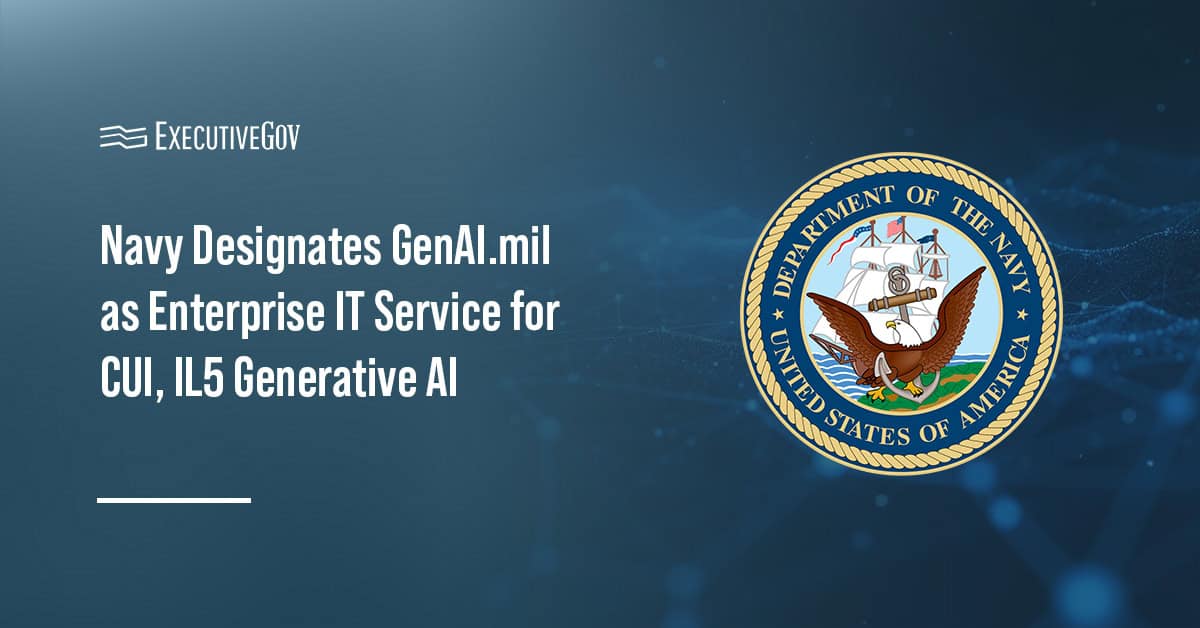
The Senate has passed a bill that aims to boost cybersecurity at all levels of government and the commercial sector.
The Department of Homeland Security Cyber Hunt and Incident Response Teams Act would order the establishment of permanent teams to prevent and address cyber threats, the office of Sen. Rob Portman, R-Ohio, who introduced the bill, said Wednesday.
The DHS-commissioned teams may also include experts from the private sector for added industrial insight.
Non-federal government entities may request for the teams’ help during the event of a cyber crisis.
“This bipartisan legislation will allow the best minds in cybersecurity to work together to better protect our digital infrastructure and to respond to attacks,†said Sen. Maggie Hassan, D-N.H., who co-introduced the bill with Portman.
The bill now awaits approval from the House of Representatives.





